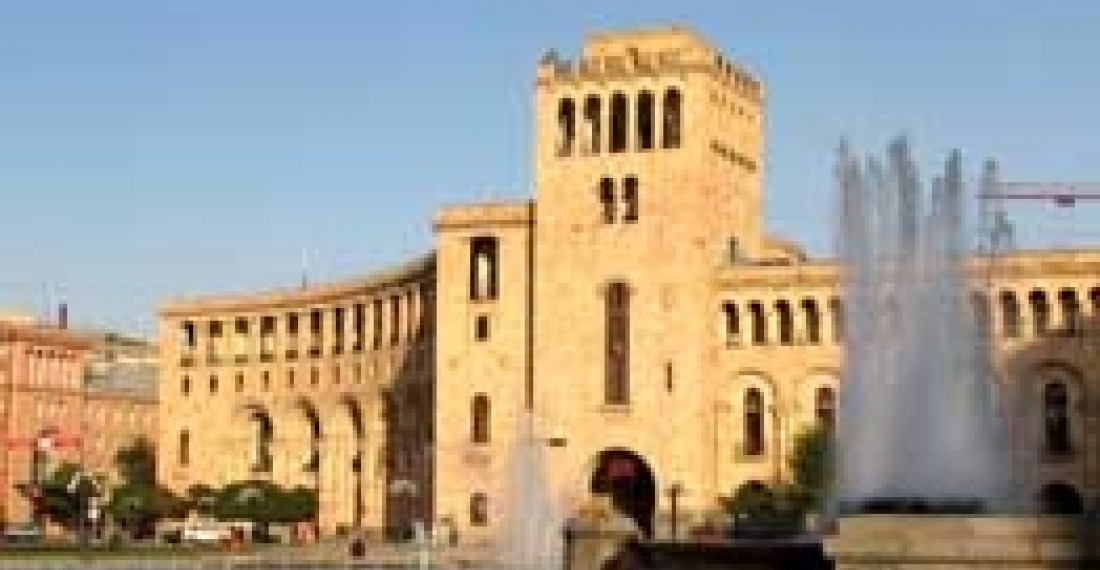On November 28, Minister of Foreign Affairs of Armenia Edward Nalbandyan hosted the EU Special Representative for the South Caucasus and the crisis in Georgia, Ambassador Philippe Lefort, press-service of Armenian Foreign Ministry reported.
They discussed a wide range of issues regarding the Armenia-EU cooperation, in particular the results of Catherine Ashton's visit to Armenia and Armenia-EU Cooperation Board session.
Edward Nalbandyan and Philippe Lefort discussed in details the Nagorno Karabakh settlement process, including the issues with regards to the confidence building events between the parties to the conflict. In this context, Minister Nalbandyan drew the guest's attention to the Armeno-phobia propaganda of Azerbaijan at the state level.
Armenian Foreign Ministry draws attention of EU special representative to Armeno-phobia propaganda of Azerbaijan at the state level
Armenian Foreign Ministry draws attention of EU special representative to Armeno-phobia propaganda of Azerbaijan at the state level







